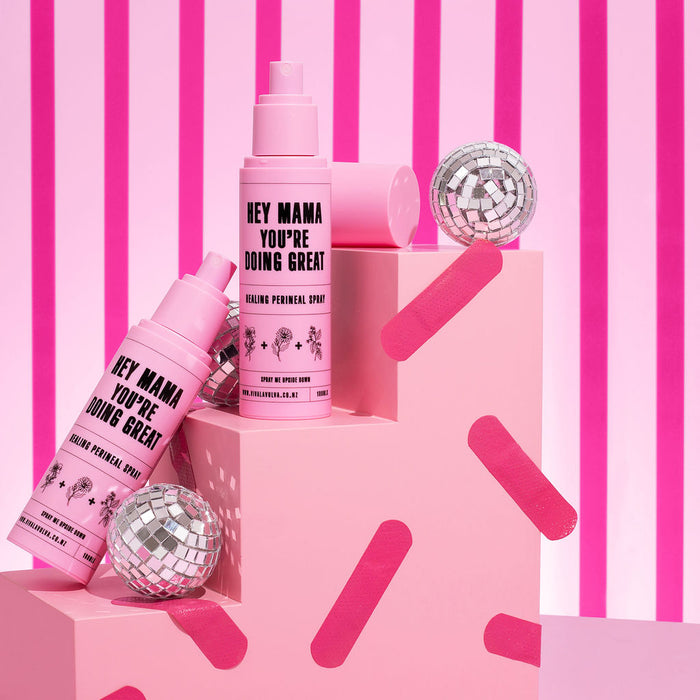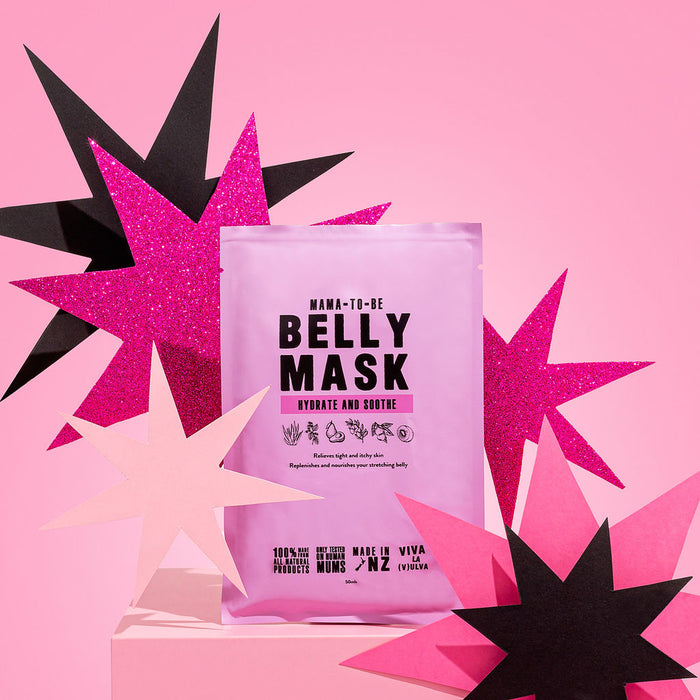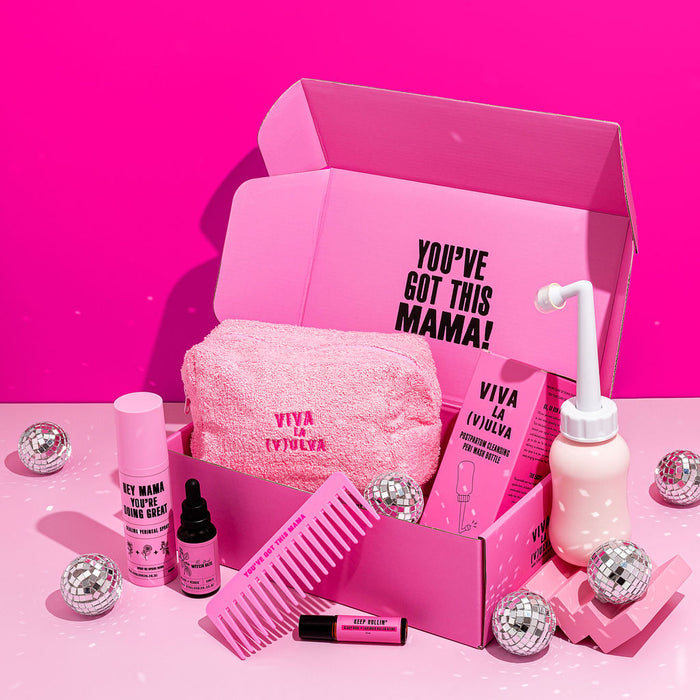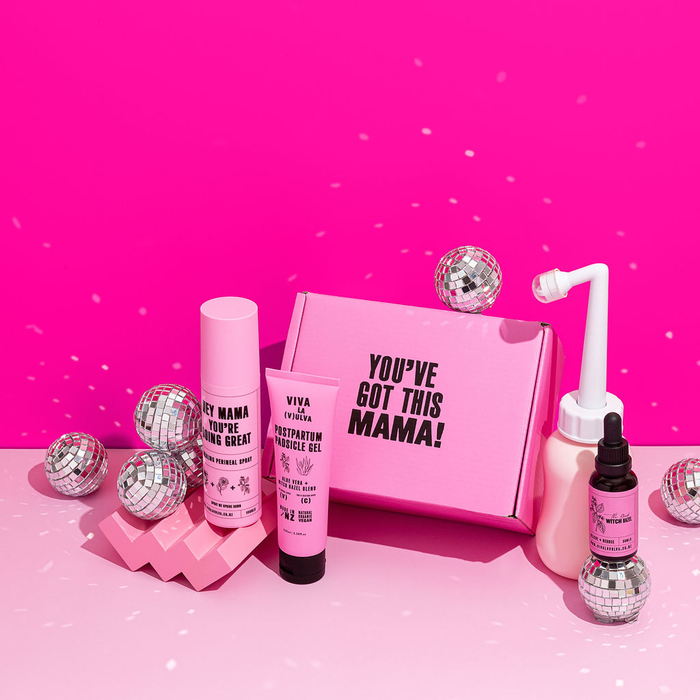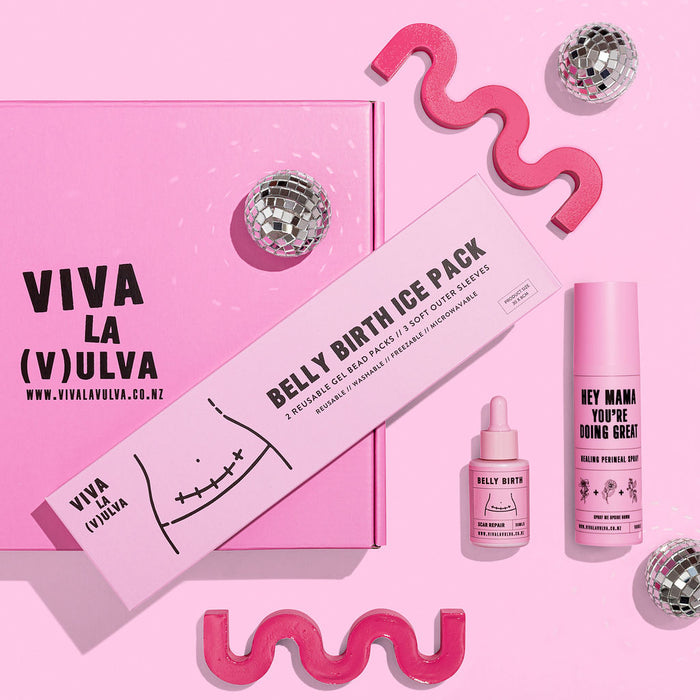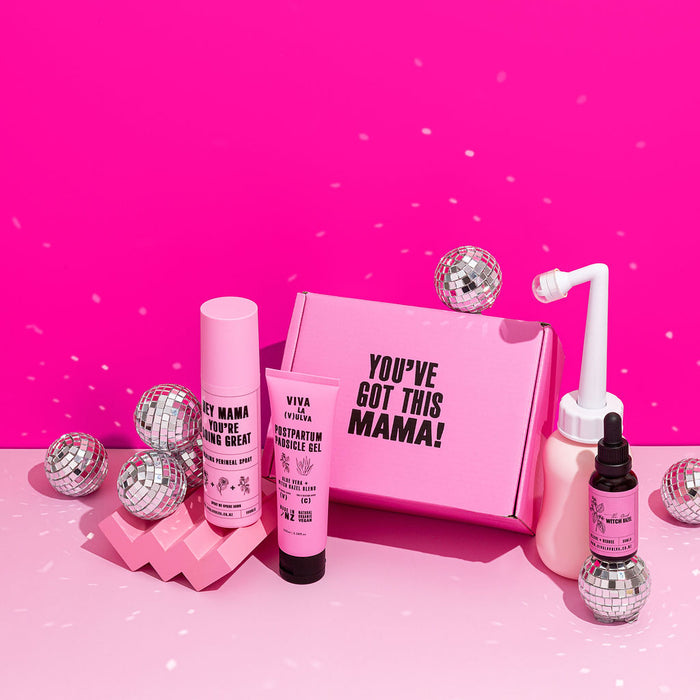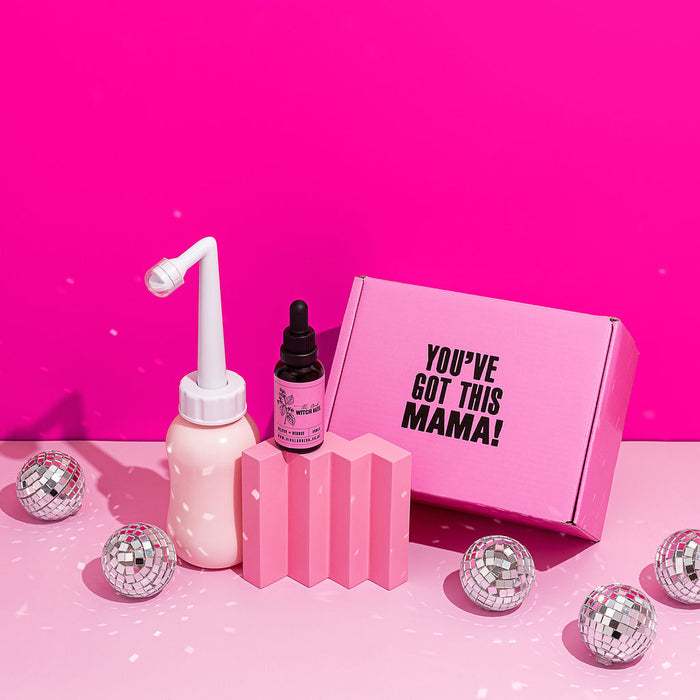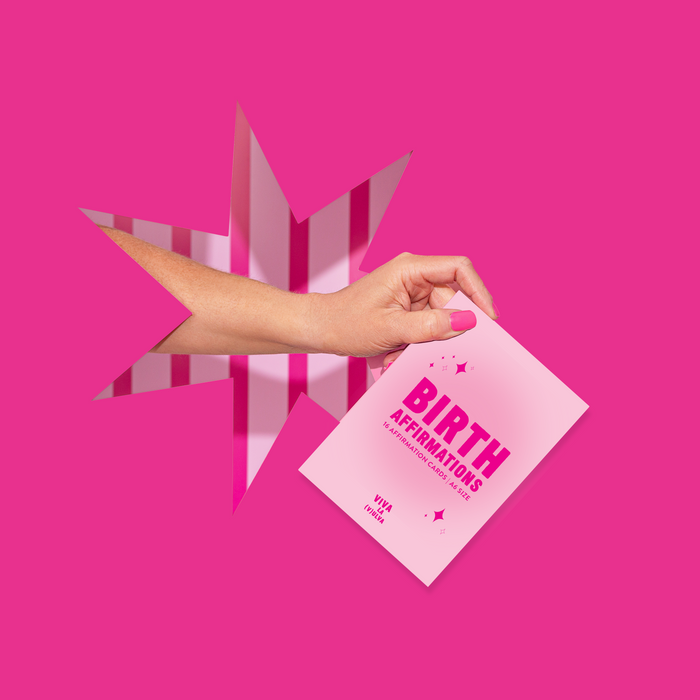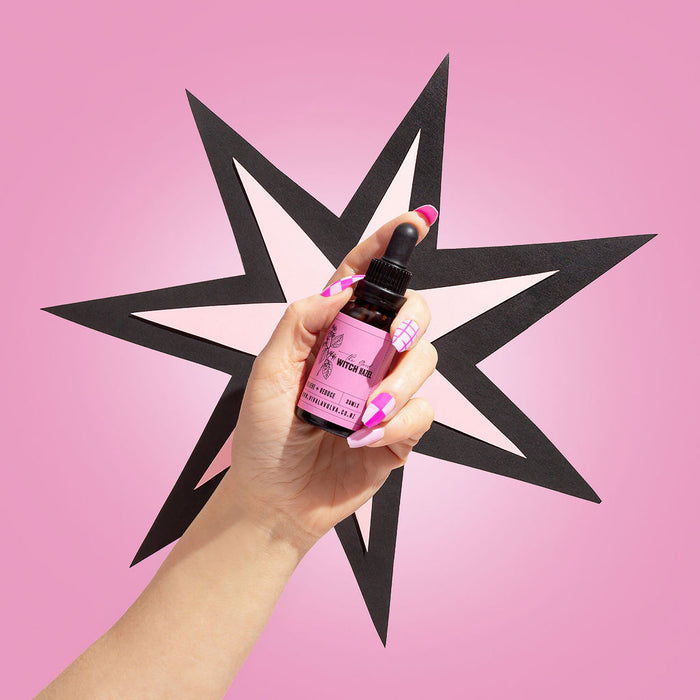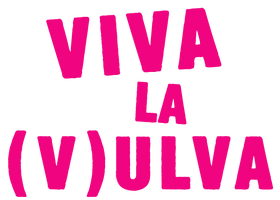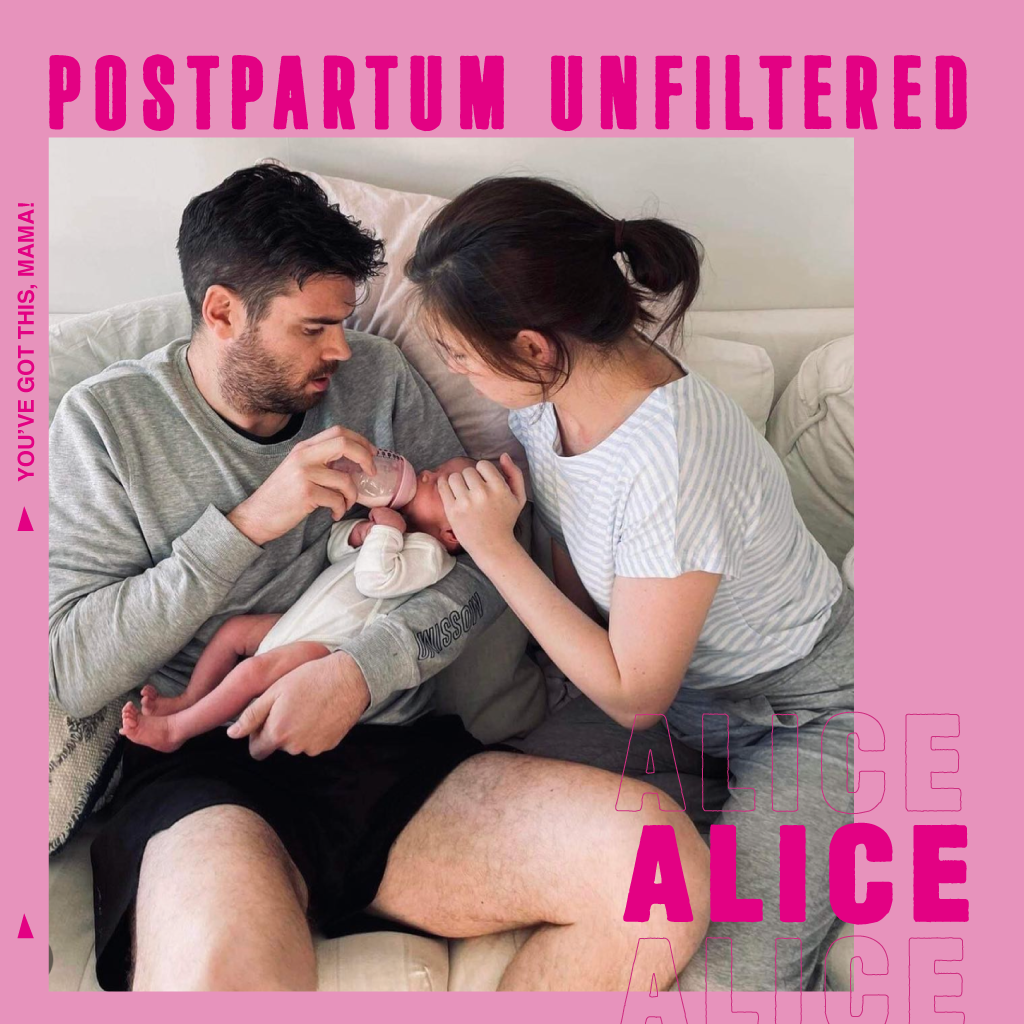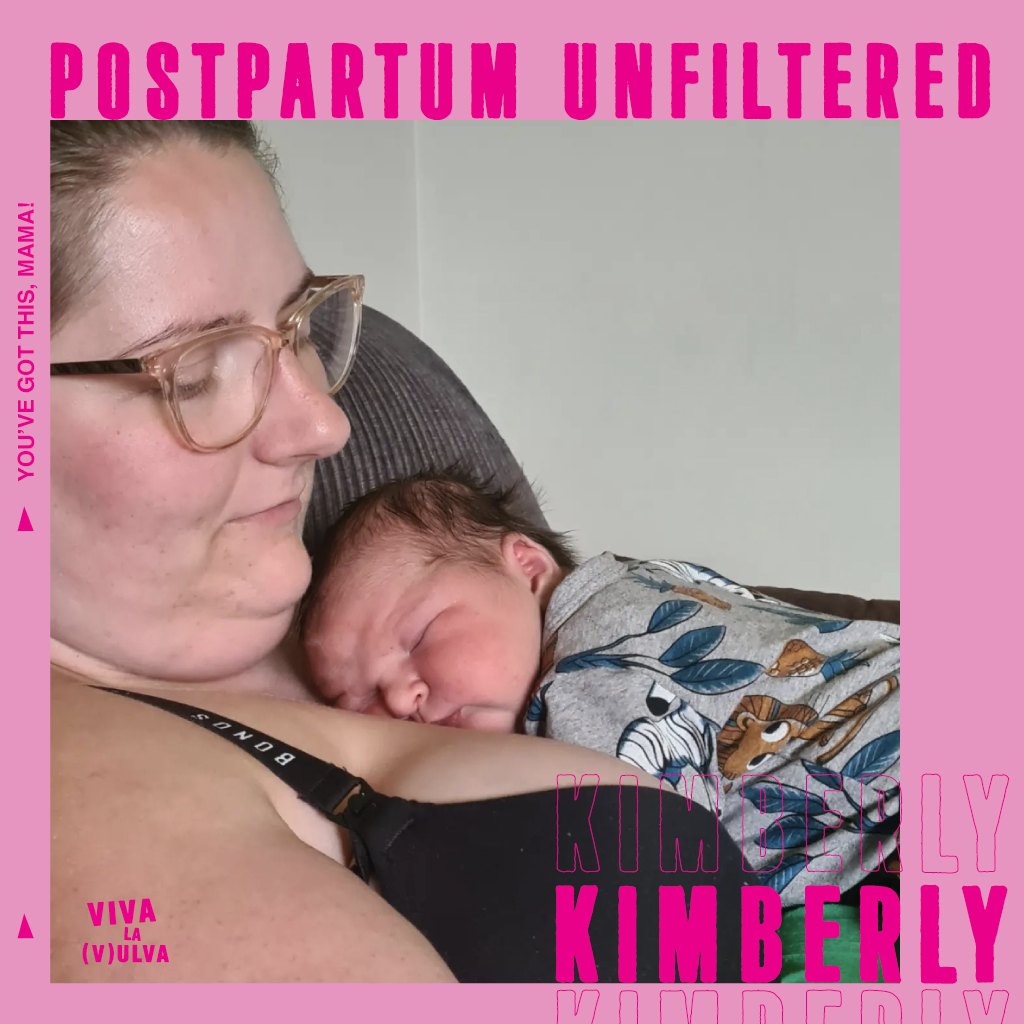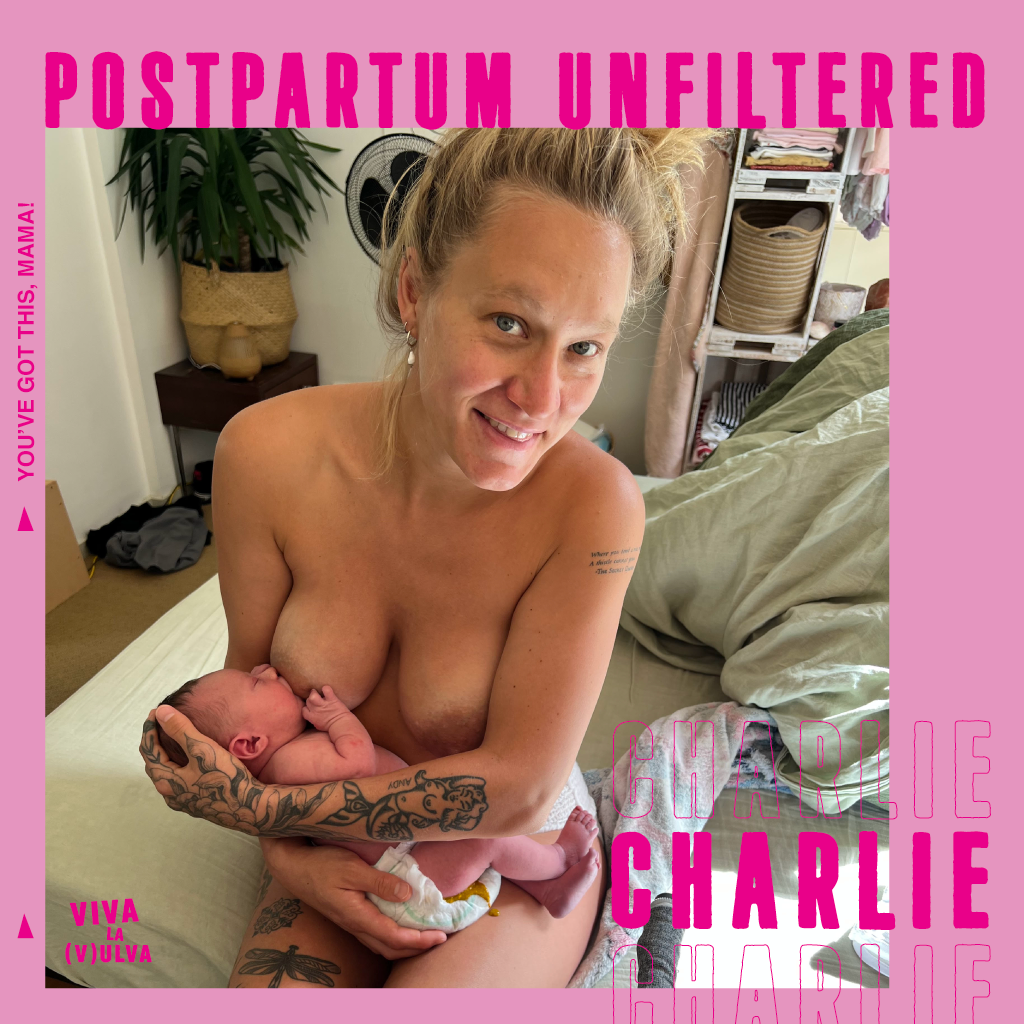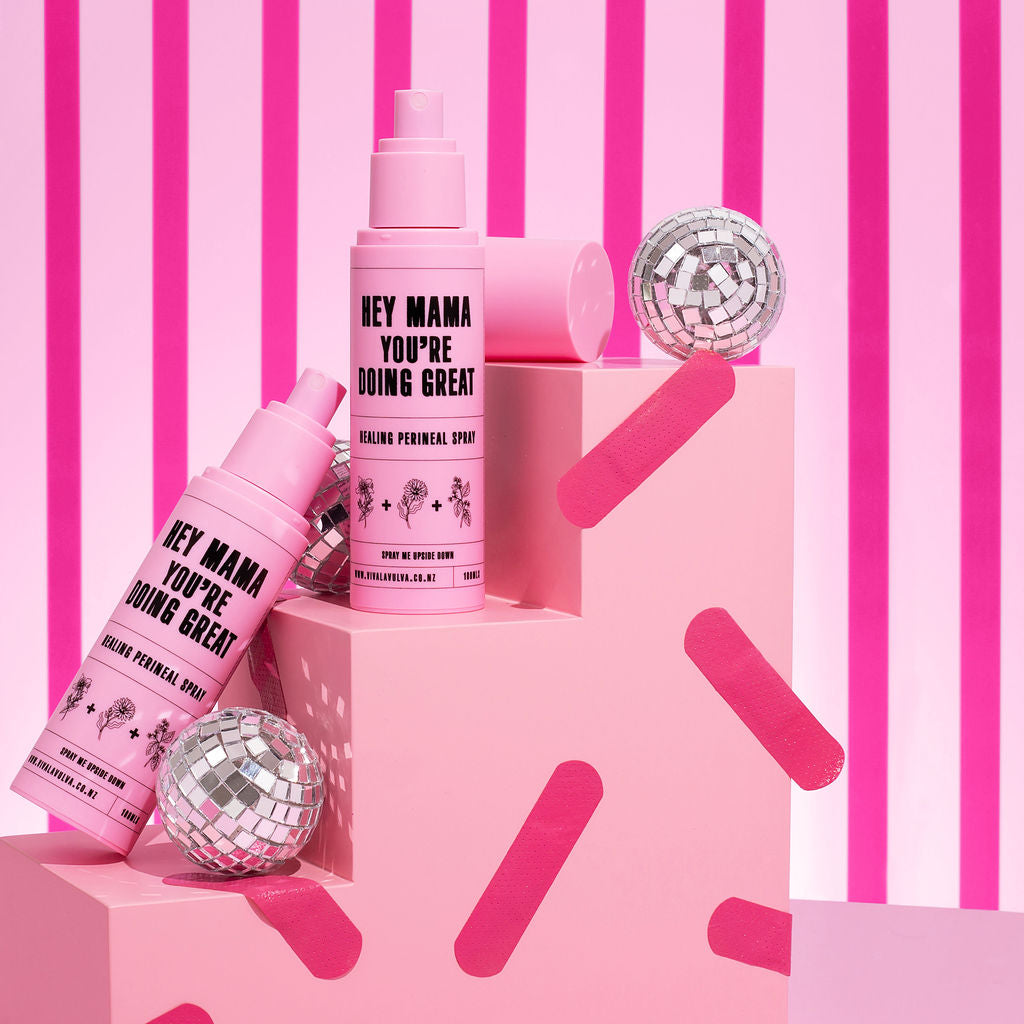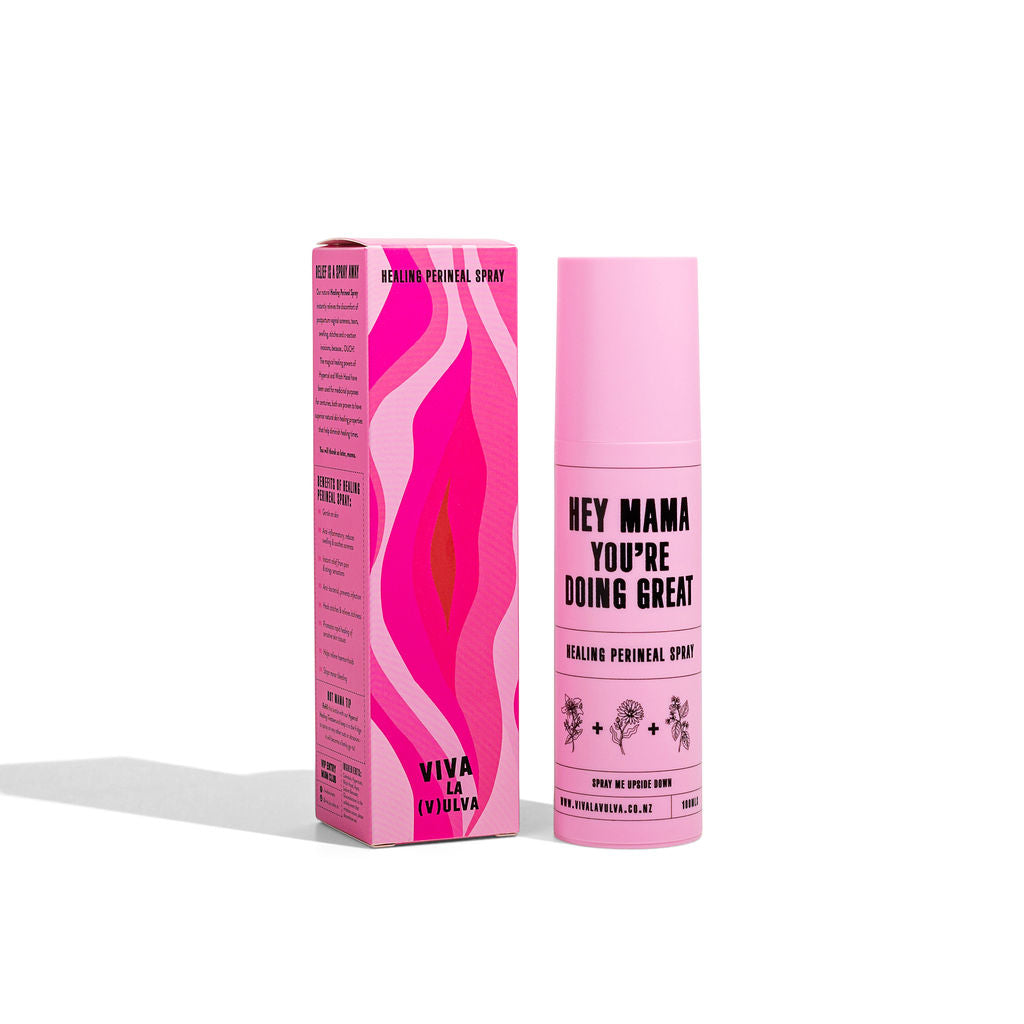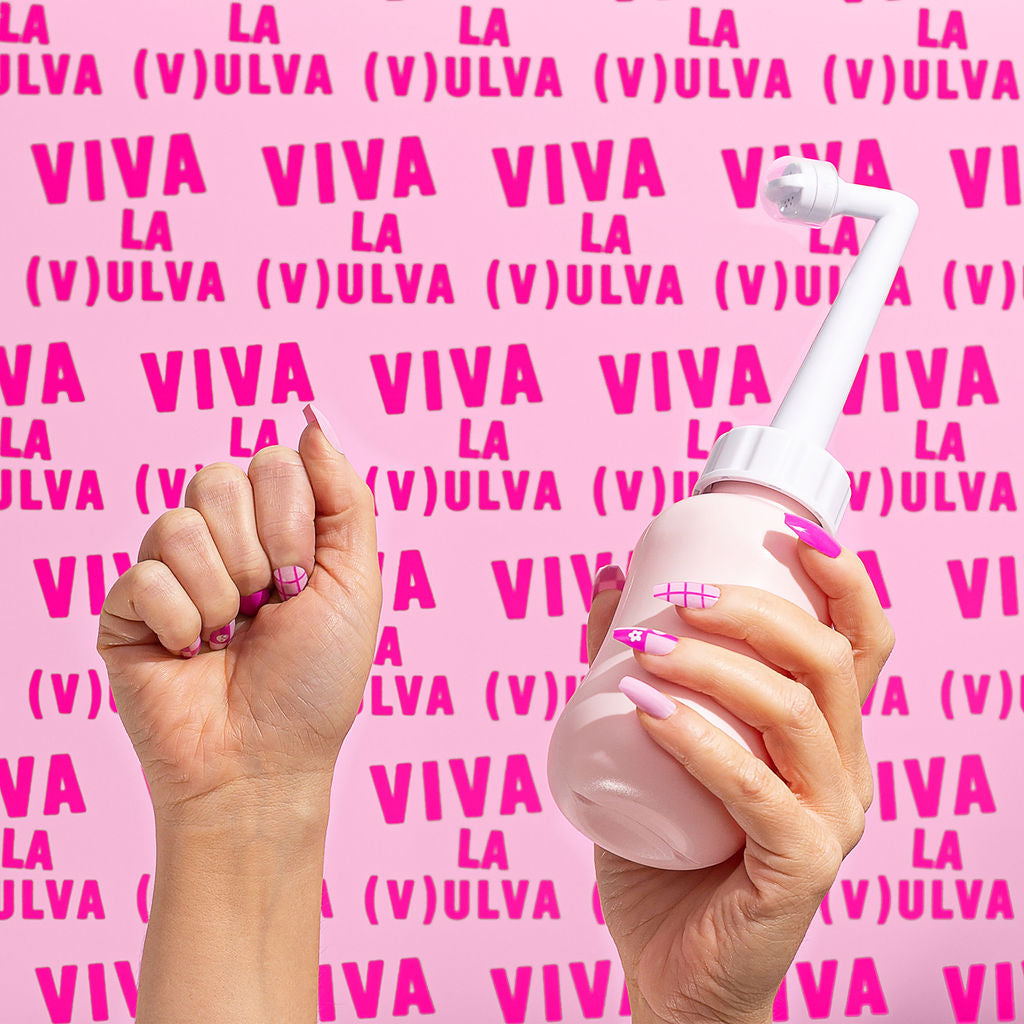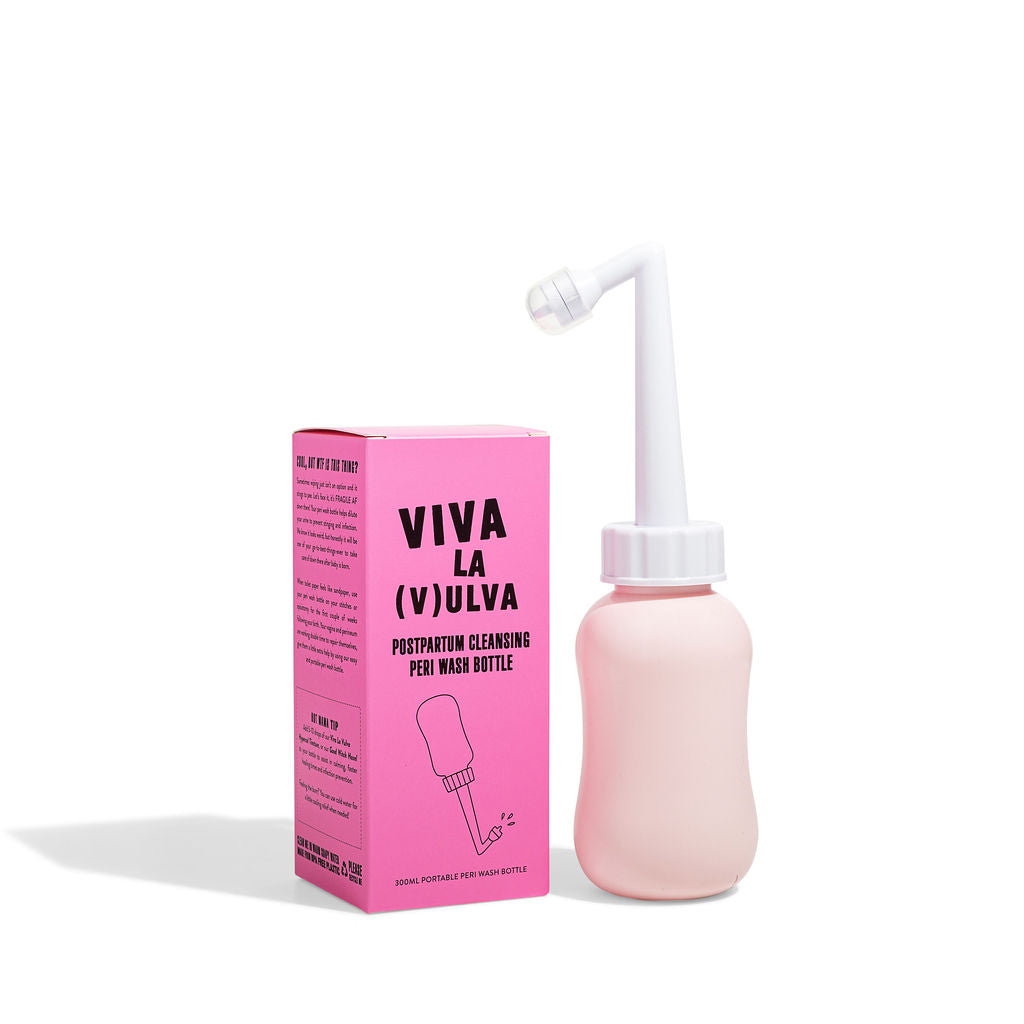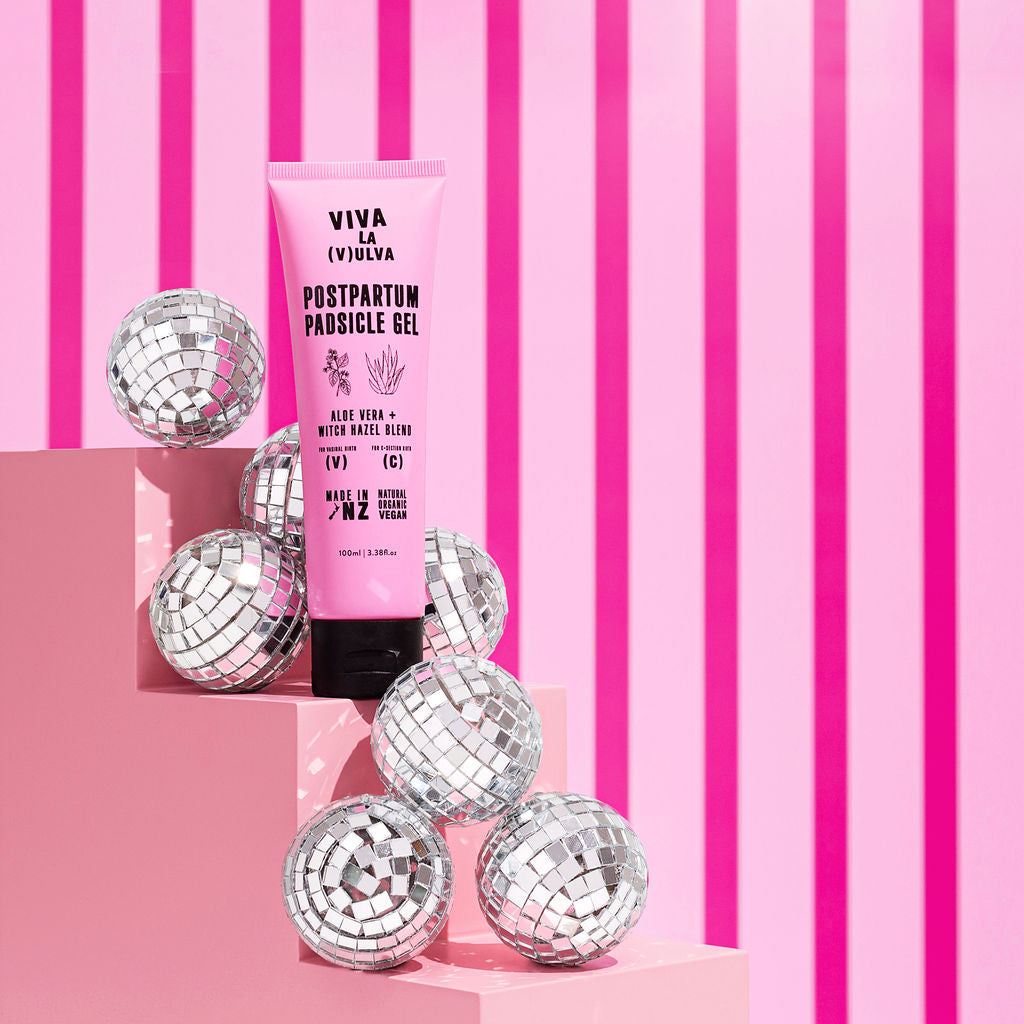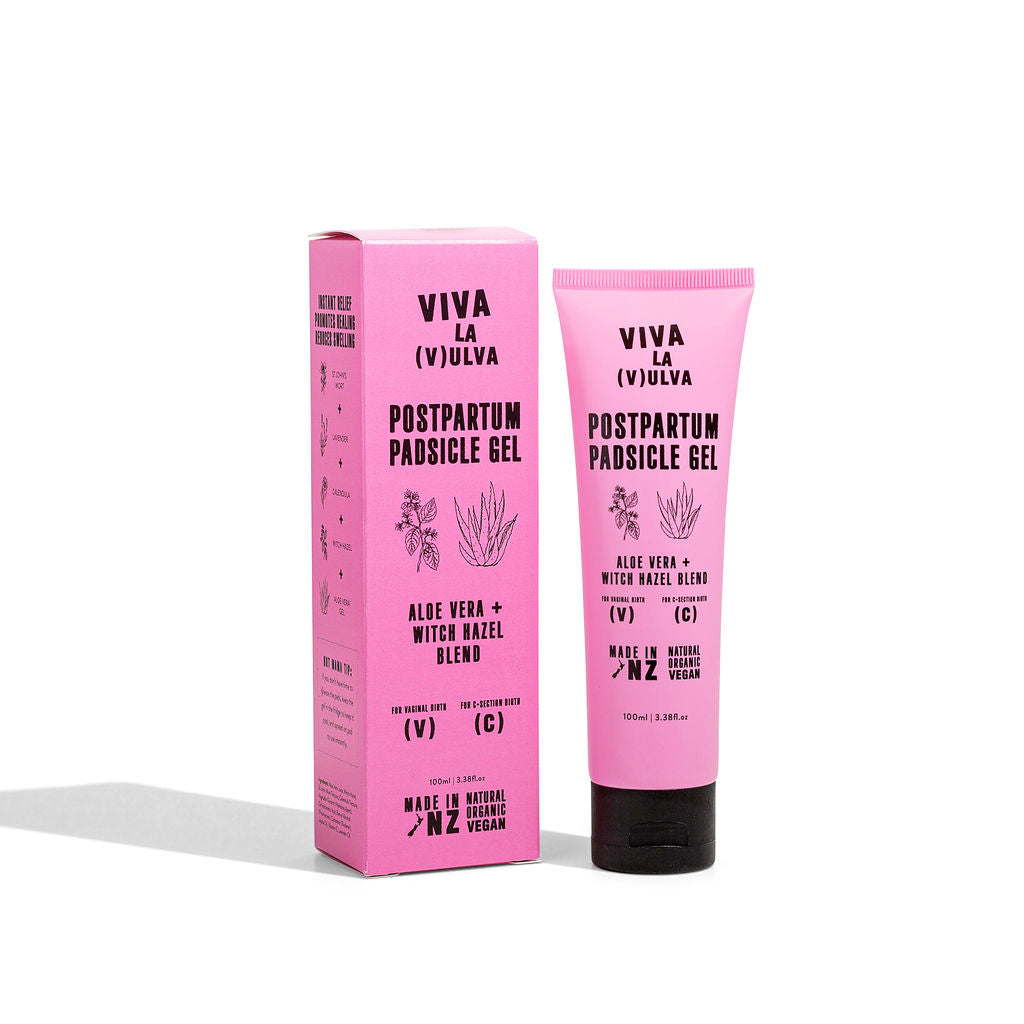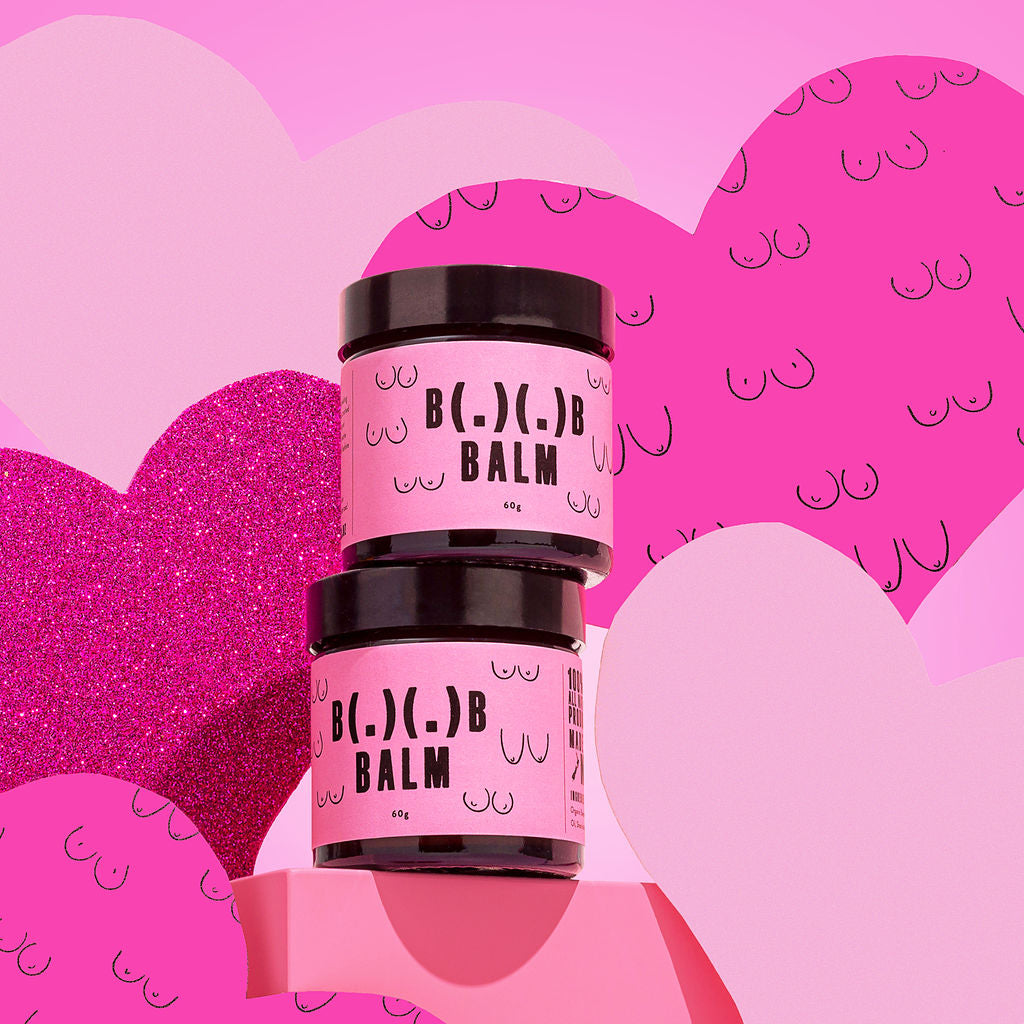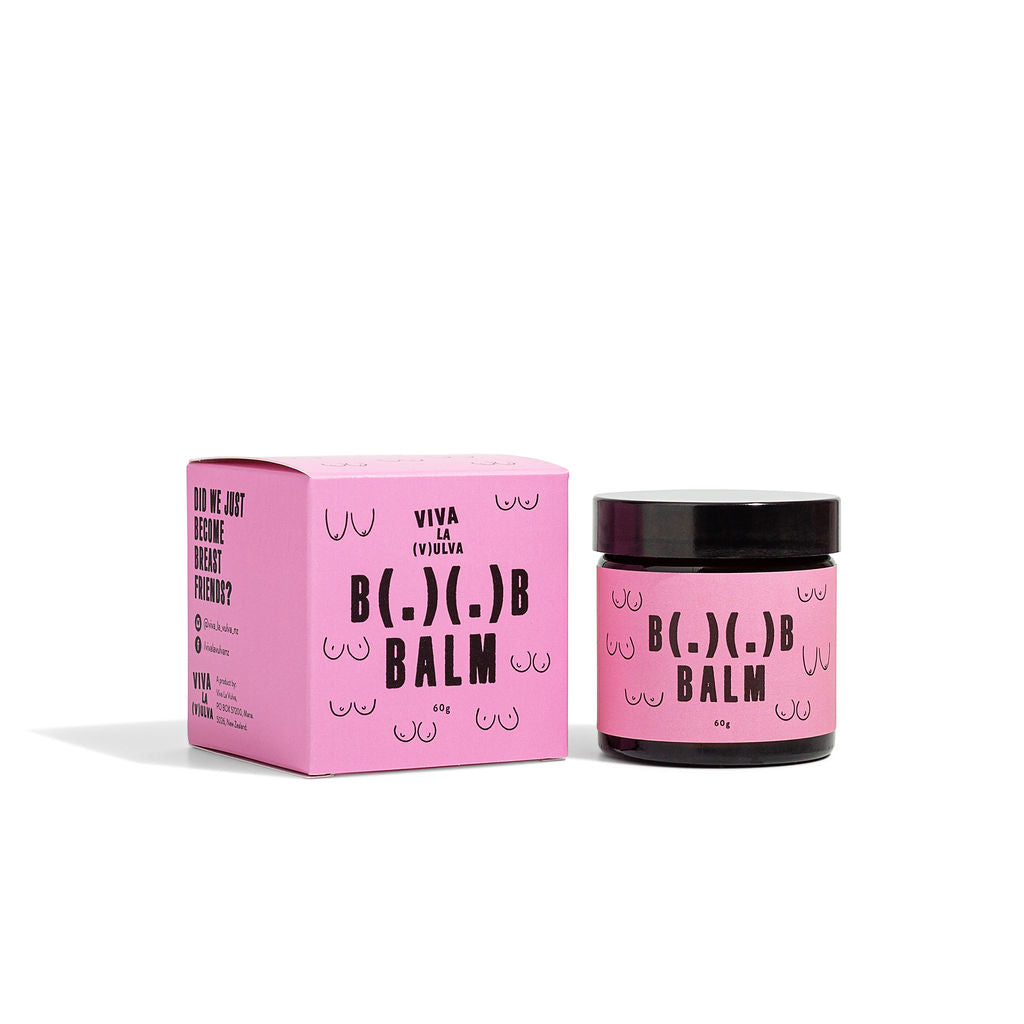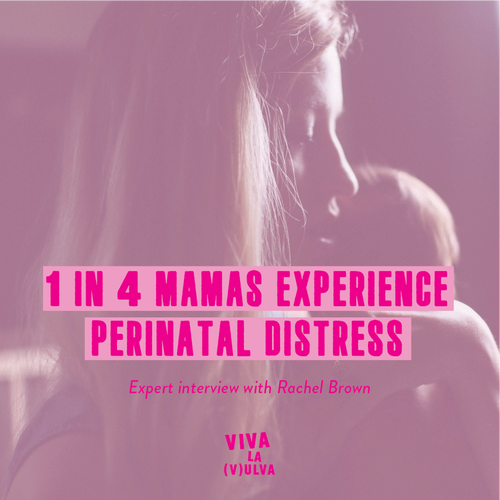
1 IN 4 Mamas Experience Perinatal Distress- Expert Interview With Rachel Brown from Little Shadow
Hey mama! Having a baby is so exciting, yes, it’s also a huge adjustment and postpartum comes with so many ups and downs. With 1 in 4 women and 1 in 10 men suffering mental health issues during or after the birth of their baby in New Zealand it’s important we know how to recognise the signs of postnatal depression (PND), perinatal distress and get support if we need it.
We wanted to know how to navigate this time, look after ourselves and our mental health, recognise signs of PND vs baby blues, and learn some tips and tricks to ease the transition to parenthood! So we sat down with expert Rachel Brown of Little Shadow to gain her insight and perspective on the huge range of feelings and experiences that pregnancy and welcoming a new baby can bring us. Rachel is a trained counsellor specialising in perinatal distress, a mama of 3 and someone who has had over a decade of experience in antenatal education and teaching.
*Disclaimer. Mamas, please know that this information is not intended to act as or replace any professional medical advice, if you have questions or you are concerned at any time ask your health care provider. If you or someone you know is struggling please reach out to get the support needed - free support services here.
VLV: Kia Ora Rachel, tell us a little bit about yourself and what made you decide to become a counsellor? And more specifically helping people/couples with their transition to parenthood?
RACHEL: Thanks for this opportunity to chat about counselling, and my work. How exciting! I love my job and am always super happy to talk about it. I came into counselling from a teaching background. My reasons for wanting to be a counsellor have definitely evolved over time, but the consistent themes have been a deep interest in other people’s stories and experiences, and a desire to help. My concept of what help means has changed a lot from when I was a 21-year-old dreaming of this job, but the motivation is still there.
I have three sons of my own. They are 15, 13 and 11 now. After I had my first baby I trained as an antenatal facilitator with Birth Wise in Wellington. I had no idea that I would still be there 15 years later! But I am. And it was working there with all those people transitioning to parenthood, along with my own experiences of pregnancy and parenthood, that made me really interested in counselling for people during this time of their lives. That’s where Little Shadow came in. They were the perfect fit!
VLV: What are some suggestions to parents to help look after themselves emotionally after having children?
RACHEL: Get as much sleep as you can. Enlist help from friends and family. Get them to watch bubba while you sleep. Take turns with your partner catching up on sleep at the weekend. Prioritise it as much as you possibly can. Even a twenty-minute nap can be a game-changer. There is an amount of sleep we can function on, and an amount we just can’t. The line varies from person to person, but it’s there for everyone, and once we’ve crossed it no amount of quality ‘me’ time, nor outings with dear friends, pursuing cherished hobbies, eating salad bowls or getting out in the fresh air is going to change the fact that we just need more sleep.
That said, time with people we care about, time to ourselves to do things we enjoy, a healthy diet, exercise and getting outdoors are really valuable tools for keeping us on an even emotional keel. Also, make time for your relationship. This exciting new project of becoming parents together can be so exciting, but it can also be pretty all-consuming and before you know it your relationship can end up a bit overlooked.
VLV: What are the hardest things to accept becoming a new parent and how do you help parents work through these things?
RACHEL: Parenting is full-on and there are so many things that can be hard to accept. Here are just a few…
1. Just how tired you can get. When baby’s sleep isn’t going well it really takes its toll, especially on whoever the primary caregiver is. And while we know we are deeply tired, the feelings of depression, lack of resilience, anxiety, and distress that come with being so tired can be really scary.
2. Loss of self. At first, we’re so busy learning our new job that we don’t notice how things have changed, but a few months in it can often happen that we find ourselves wondering “Where have I gone? I’ve lost me.”
3. Accepting/admitting to the harder feelings around life with a baby. Here are a few; Parenting is really boring sometimes. We can feel pretty resentful of our partners because it seems like they have more freedom than we do. The parenting load often doesn’t seem fair. And it’s awkward to suddenly feel jealous of people who don’t have babies.
4. Relationship troubles: What happened to my relationship? Why does my partner suddenly annoy me? Why don’t I want sex anymore? Why can’t we talk without getting annoyed and defensive anymore?
5. If we’re the birthing parent: changes to our body. Sure weight gain is a hassle, and we might feel pretty unsexy for a time, but what can be more difficult to accept is the loss of trust in our bodies that can occur due to pregnancy issues, birth traumas, and breastfeeding issues.
These are all common conversations I have, and the ‘how we deal with it’ comes when we sit down together and figure out what’s happened and why it’s distressing for you. That’s uniquely individual, but I do know it’s pretty comforting for people to be understood and validated, and to hear they’re not alone with those feelings. And I know that couple counselling work over this time, to develop our relationships and process difficult experiences, can be really helpful.
VLV: What are the main differences between baby blues and postpartum depression? How do we recognise the signs of postpartum depression?
RACHEL: The baby blues are very common in the weeks after birth, and they’re generally short-lasting. They’re a bit different for everyone but there will be fluctuations in mood, you’ll probably be suddenly tearful, and you’ll feel overwhelmed. And it will pass.
Postnatal depression is depression. But with a baby in the mix too. Yikes – so hard! Low mood is common, but there are lots of other possible symptoms too, and you’ll feel the symptoms a lot more of the time than you don’t. Your doctor or midwife can help you figure out whether you’re depressed. Little Shadow and PADA have some great resources on their websites.
VLV: Do you think your birth experience and the way you view birth affects your susceptibility to PND?
RACHEL: I’m not sure if how you view birth, in general, affects your susceptibility to PND, but how you view your own birth could. A traumatic birth or pregnancy can be a factor in PND. As can a history of depression, lack of support, financial difficulties and relationship issues.
VLV: You were an antenatal educator for many years! In your experience do you think being educated around birth and the 4th trimester plays a part in how we view our birth experiences and affect how we see ourselves as mothers?
RACHEL: Of course, I want to say yes to this! Education is an important aspect. You know the old saying, information is power! Planning and knowledge can make a big difference to both our expectations, but also how resilient we are when things don’t go as we planned. I think that community is even more important though. We need to feel supported and like we’re not alone, and we need people to help us and care for us as we navigate birth and parenthood.
VLV: What would you suggest to someone struggling to process their birth experience?
RACHEL: It's very seldom that birth will go as we planned or expected it to, and we can usually assimilate that into our experience. But sometimes it happens during birth that we don't feel safe, or we don't feel supported and cared for during the birthing process, and we get scared. And then we come out of that birth and straight into being a parent, with no time to process and grieve. And those feelings of trauma and grief don't go anywhere, we just bottle them up.
For some people, the trauma of birth is really severe, and for others, it's a sadness that keeps catching them out. Nobody gets to tell you whether your birth was traumatic or not. Only you know how it was for you. But however it was, it's so powerful to talk about it and process it with a professional. I couldn't recommend it enough.
VLV: What’s your view on postpartum health in NZ?
RACHEL: I’m not exactly impartial on this topic! And I should put in a disclaimer and point out I’m coming at it from a mental and emotional wellness perspective, which is just part of the postpartum health picture in NZ. There are lots of people working really hard in the area of postpartum health, and doing great work. And there are lots of good support agencies. But I wish there was a type of EAP specifically for all parents (not just birthing partners) as part of their parental leave package, where they could access counselling with someone who’s experienced in working across the transition to parenthood. And I wish there was funding for agencies like Little Shadow. They work so hard in the emotional wellness space, but it’s hard to get funding or even grants for their work. That never makes sense to me.
VLV: Thanks so much for sharing your perspective and insight! Any other words of wisdom or encouragement you’d like to share with new parents, or parents to be?
RACHEL: I think the final thing I’d like to say to people is to please not hesitate to get some support if you’re feeling low after your birth, or struggling with pregnancy or parenthood. It’s amazing what a difference talking with someone can make, and there’s really no need for anyone to suffer. And if you know someone who is suffering, please resist the temptation to point out everything they do have, or to try to help them be ‘more positive’, but instead listen, validate, and help them access support if you can. We all need some help from time to time.
*Disclaimer. Mamas, please know that this information is not intended to act as or replace any professional medical advice, if you have questions or you are concerned at any time ask your health care provider. If you or someone you know is struggling please reach out to get the support needed - free support services here.
Thank you so much for sharing this valuable information with us, Rachel! We appreciate the work you are doing for so many parents!
VLV x
Links below to resources and places to help you if you, or know anyone that may be experiencing signs of Perinatal distress:
https://www.littleshadow.org.nz/
https://www.mothershelpers.co.nz/
https://pada.nz/national-helplines/
https://pada.nz/screening-tools/
(This blog post was originally written in 2021)
